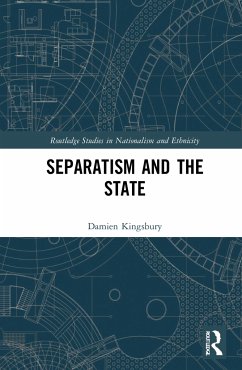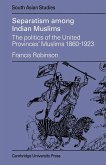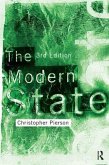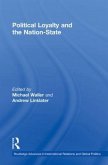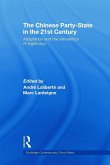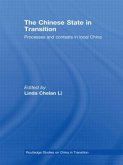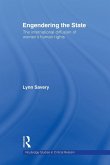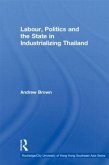This book proposes and tests a 'theory of separatism' to determine if there are key commonalities as to why separatist movements rise and what fuels them. In the post-Cold War period separatism has been on the rise. Today, there are more than 100 active separatist movements, with around 70 of them engaging in violence. This book focuses on examples from Europe, the Middle East, Africa, and Asia to highlight the commonalities found across the case studies. It examines the idea of separatism, to better understand what drives movements to break away from preexisting states; demonstrates the factors which produce both violent separatism and the rise of armed non-state actors; and shows the options for the resolution of such conflict, based on considering claims for separatism from the perspectives of separatist movements. This book will be applicable for undergraduate and postgraduate students of International Relations and International Politics as well as Conflict/Peace Studies, Anthropology and Post-Colonial Studies.
Hinweis: Dieser Artikel kann nur an eine deutsche Lieferadresse ausgeliefert werden.
Hinweis: Dieser Artikel kann nur an eine deutsche Lieferadresse ausgeliefert werden.

